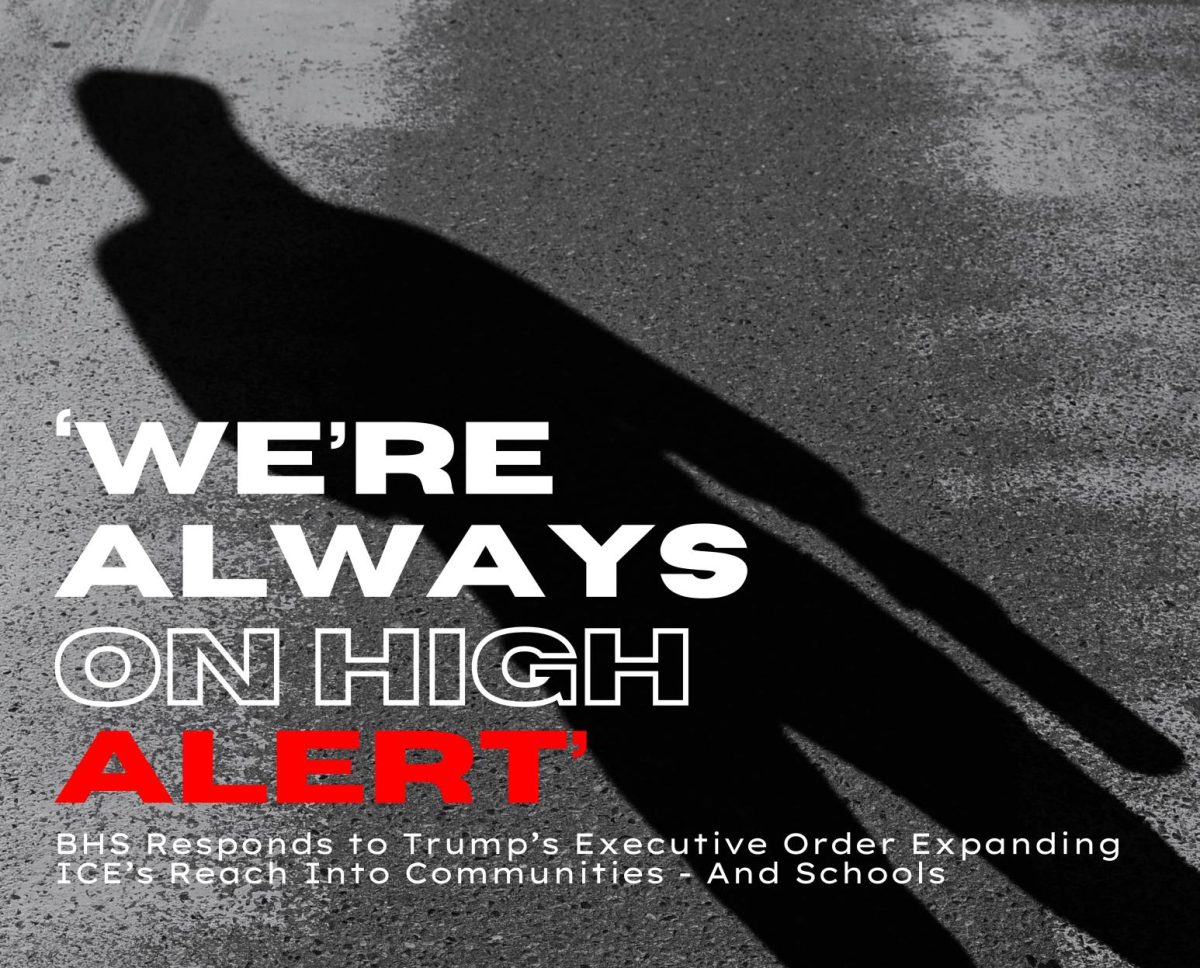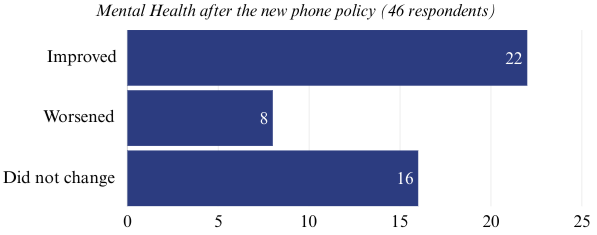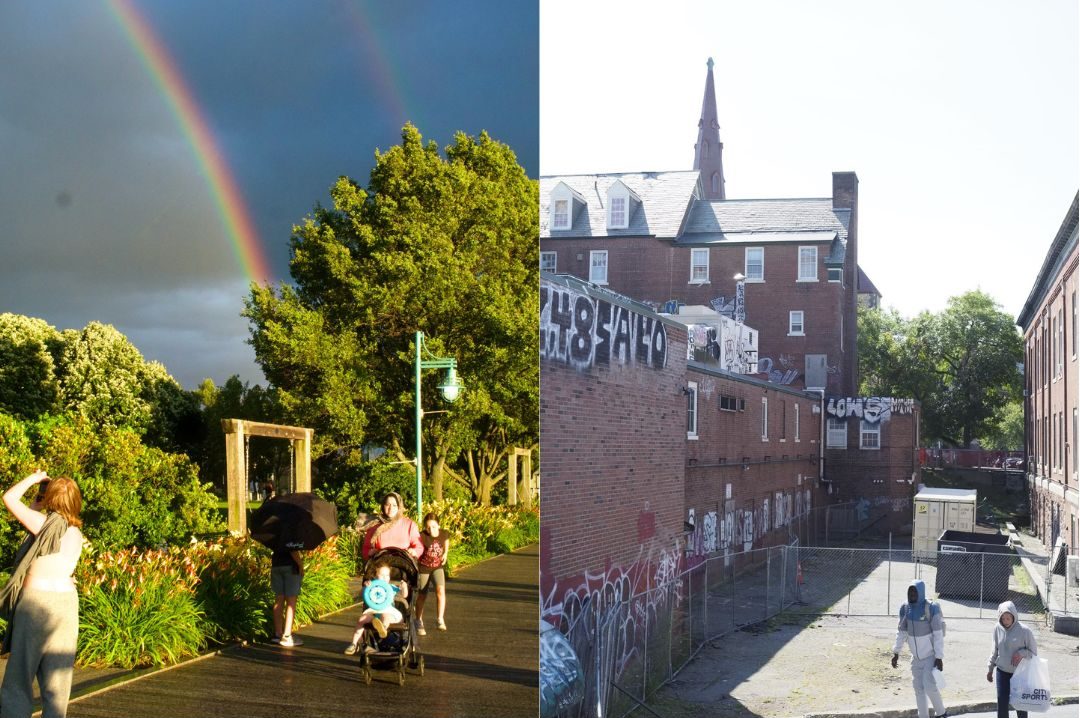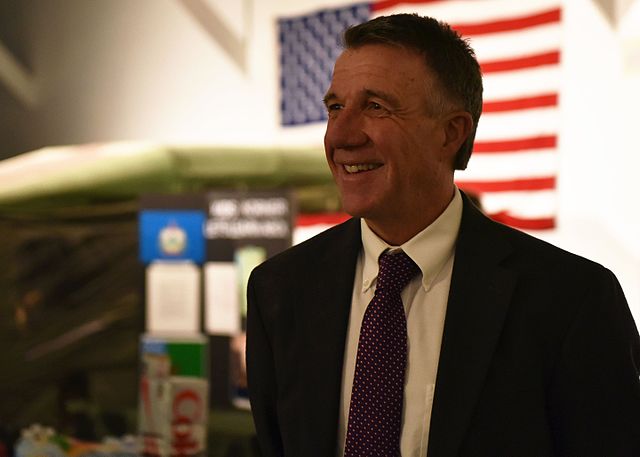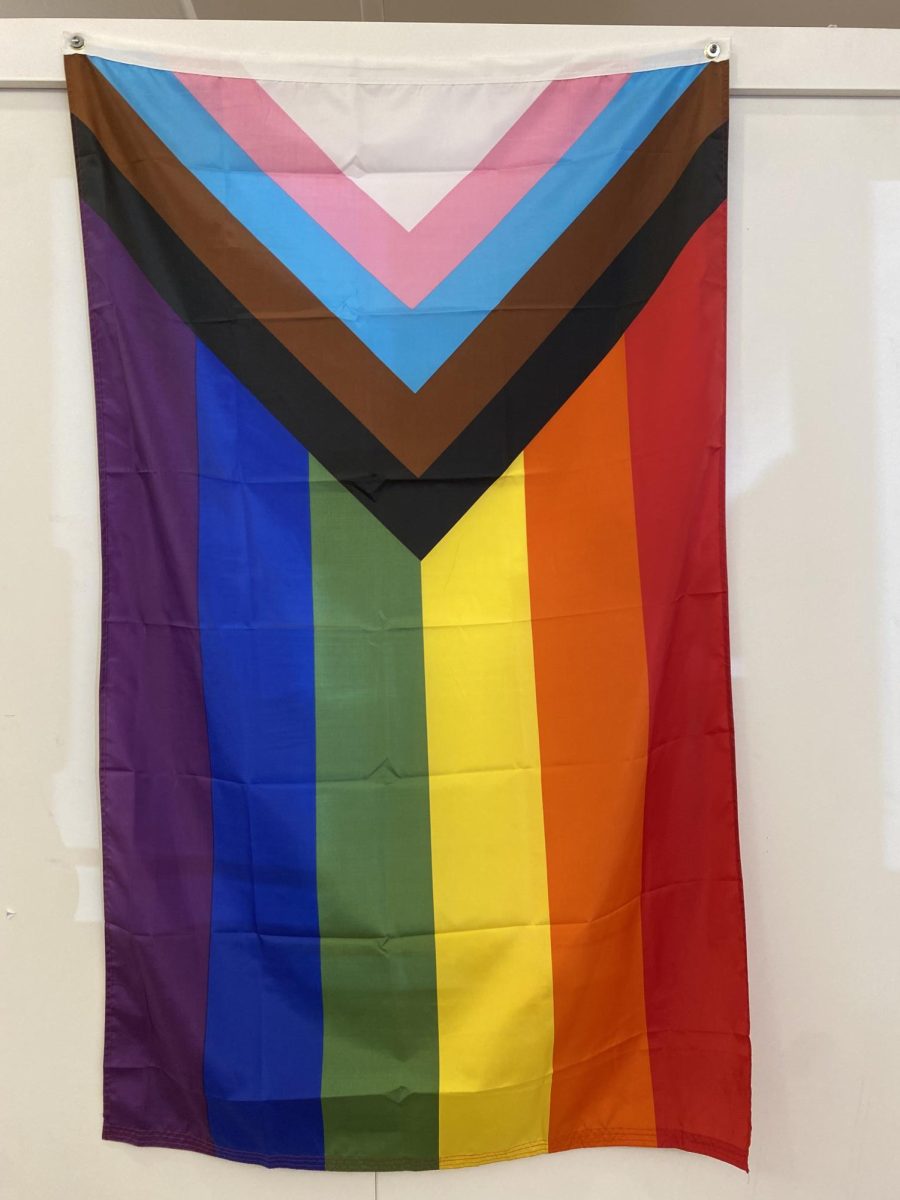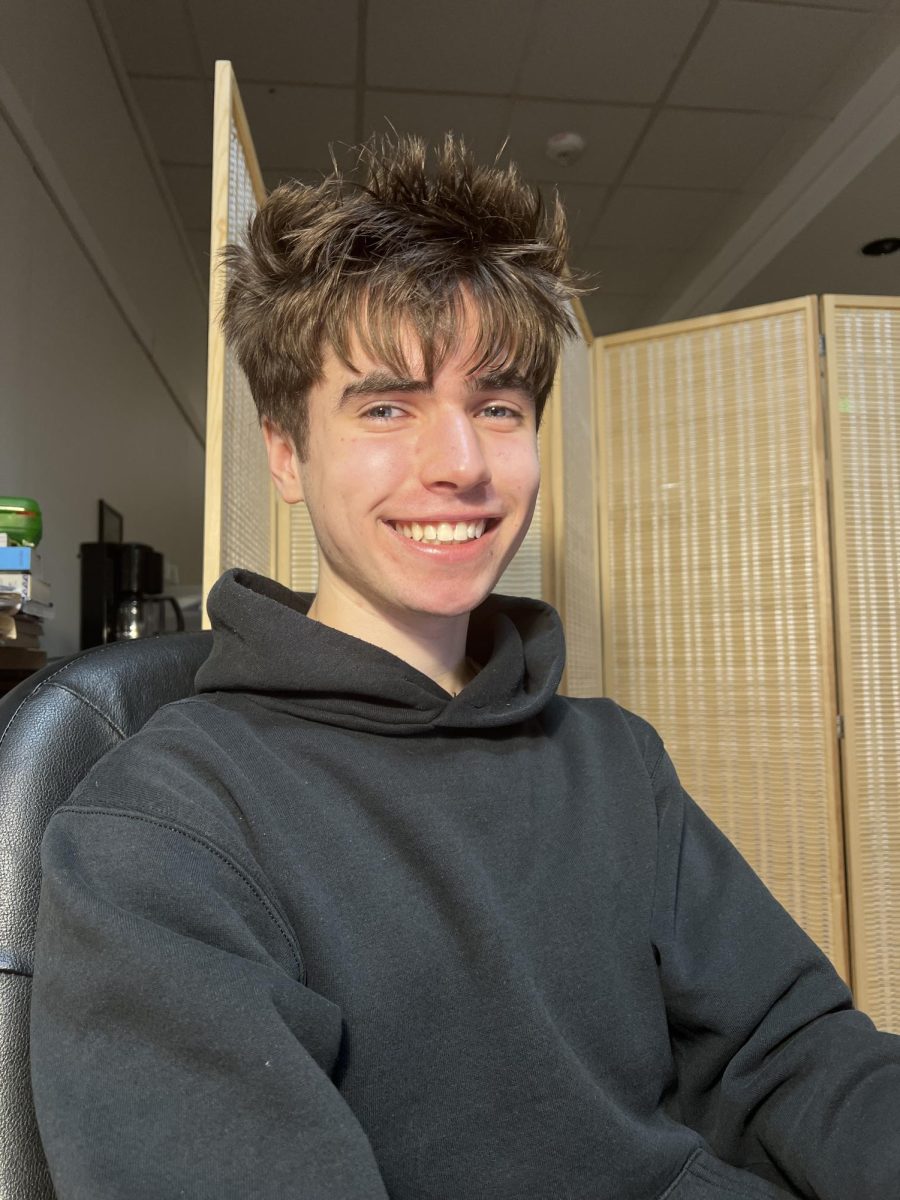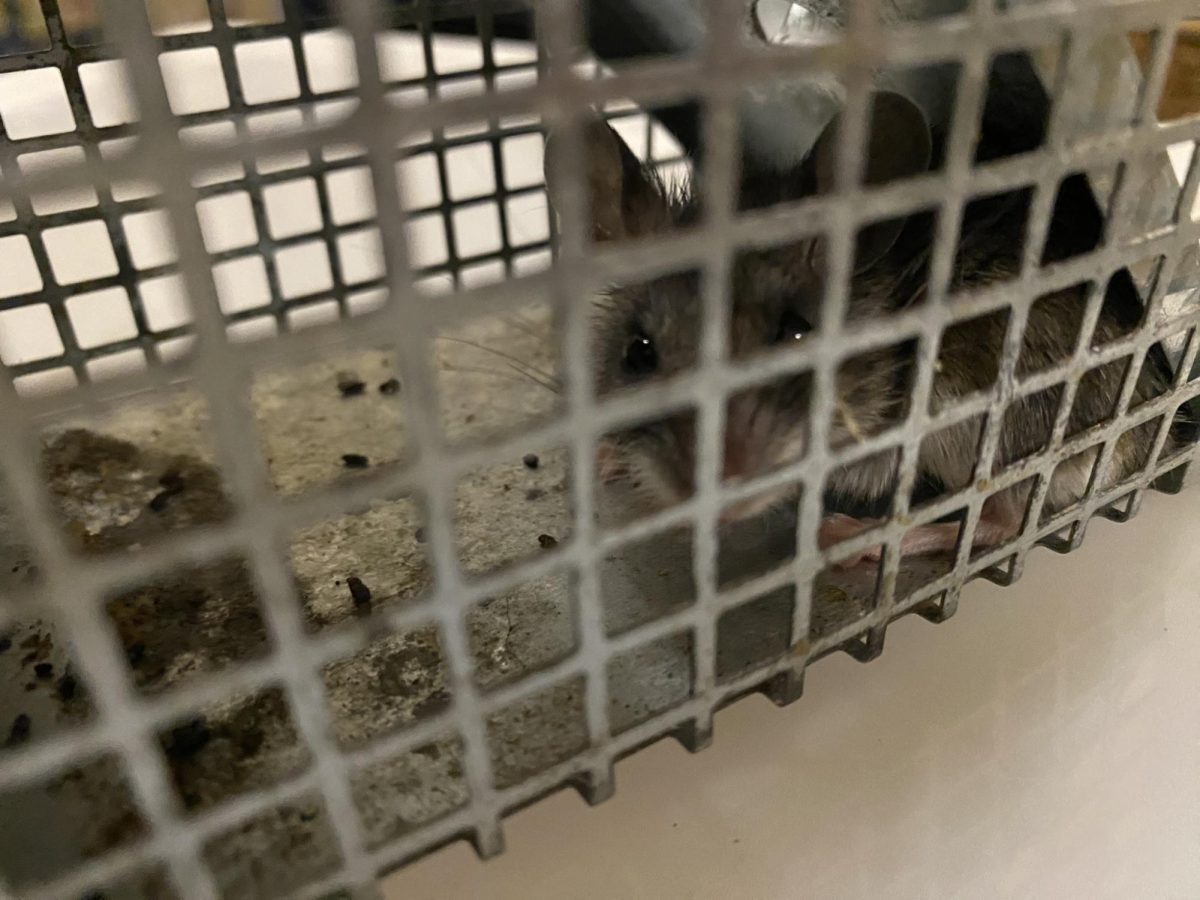The BHS administration is creating a new “schoolwide phone procedure” that will go into effect at the beginning of the next school year. Principal Westdijk recently shared the results of a survey given to students, staff and parents. Many of the questions on the survey were focused on the academic impact of cell phones, but there were also questions about phone addiction and the role social media plays in conflicts at school.
This new phone procedure may be overridden by Vermont legislators who are currently considering bill S.s284 that would ban students from using cell phones and social media while at school. The sponsors of the bill say that this needs to be done because of the current mental health crisis and increasing rates of suicide and self-harm.
So what do students think?
“I don’t think I should have had [social media] as young as I did and I don’t think kids should be getting it as young as they are,” Brette Fialko Casey ‘27 said.
Fialko Casey first began using social media in fifth grade.
“My older brother got a phone later than me. He was 14, and I was 12 when I got one,” Fialko Casey said. “All my brother’s friends got phones around 14, but when I got one, all my friends already had had phones for a while.”
According to Forbes, 42% of kids have cell phones by age 10 and 91% of kids have one by 14. Social media use has also been increasing for teens and has increased by 7% for tweens since 2019.
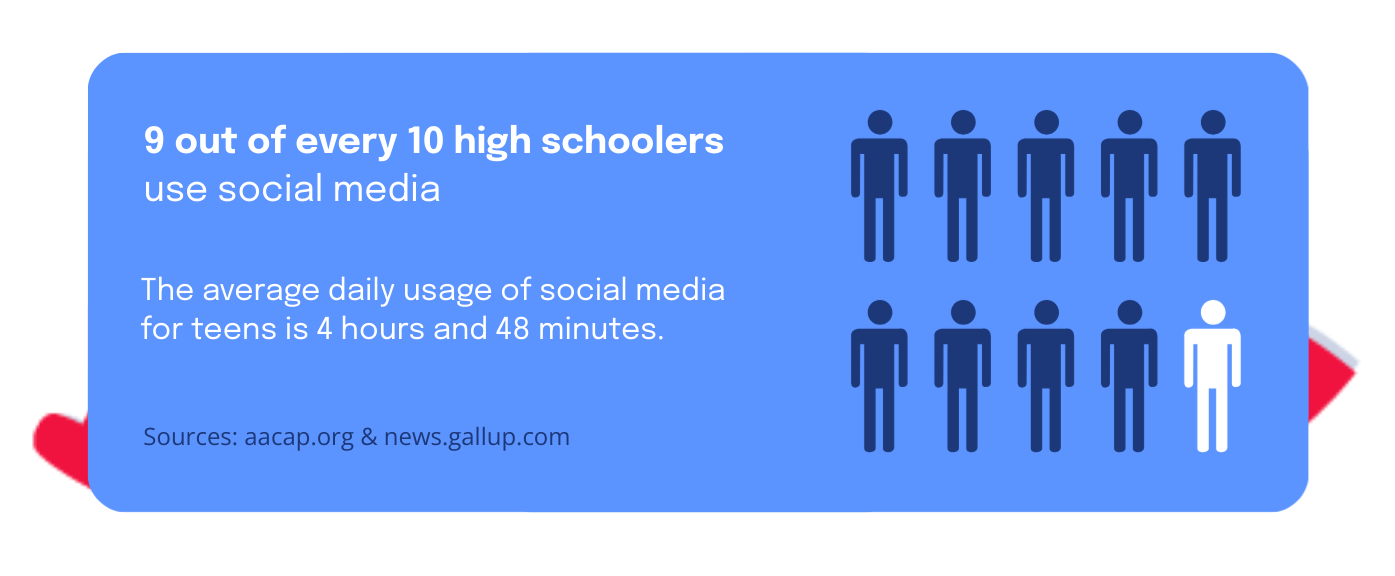
Emma-Rose Holas ‘27 said she believes that social media has a negative impact on the brain, makes kids feel bad about their bodies and exposes them to the dangers of the internet.
Her parents are strict about screen time and social media, which she thinks is “extremely good.”
The Mayo Clinic supports Holas’ beliefs, reporting that social media can expose kids to incorrect information, cyberbullying, online predators – and that high social media use is linked to negative mental health.
Ducky Jones is an administrative assistant in the guidance department.
“When you’re used to seeing your face kind of blurred and corrected, like maybe with some more eyelashes, you start to really feel awful about yourself when you see it just naturally,” Jones said.
Fialko Casey also agreed that social media platforms can perpetuate beauty standards and hurt self-esteem.
“Even if you have one social media platform, you’re constantly being fed beauty standards,” Fialko Casey said. “You see pictures of celebrities and think this is how I should look too.”
However, the Mayo Clinic reports that “social media lets teens create online identities, chat with others and build social networks,” as well as serve as a platform for self-expression.
“[You can get] inspiration from [social media], and it can help when you’re in a negative situation because there are good people posting to help you,” Holas said. “It can also be fun to talk with people, like your friends, and you can be exposed to new things.”
Vermont’s Health Commissioner Mark Levine agrees with Holas. Levine spoke out to oppose the cell phone ban bill saying that although social media does have negative effects, it also can help the most marginalized students to find “hope and community” online.
“I don’t think [social media] is evil,” Fialko Casey said. “There’s just a lot we need to work on as a culture in terms of building healthier relationships with it and making sure it doesn’t have big impacts on relationships with each other.”
Bill S.s284 is still in committee, so it is unlikely to be enacted anytime soon, and the BHS administration will not have a school cell phone policy procedure until “May/June”.





